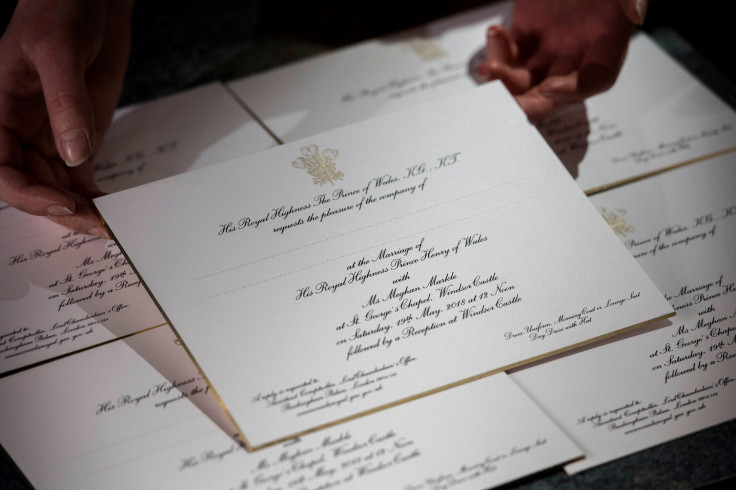Why the Queen called Kate Middleton as ‘well-loved’ but not Meghan Markle

Meghan Markle is also “well-loved,” not just Kate Middleton. It was speculated that Queen Elizabeth II favoured Prince William’s wife more than Prince Harry’s fiancée due to how she wrote her official consent to the couple’s upcoming wedding.
Last week, the Queen sent her formal consent to Harry and Meghan’s wedding. Meghan appeared to have the royal family’s support already, but the formal consent was still necessary to make the couple’s marriage legal, as per the 2013 Succession to the Crown Act of the UK.
“My Lords, I declare My Consent to a Contract of Matrimony between My Most Dearly Beloved Grandson Prince Henry Charles Albert David of Wales and Rachel Meghan Markle, which Consent I am causing to be signified under the Great Seal and to be entered in the Books of the Privy Council,” the Queen wrote.
It was short and sweet, with Her Majesty calling her grandson “My Most Dearly Beloved.” But eagle-eyed observers thought that the Queen was playing favourites between Meghan and her other daughter-in-law. It can be remembered that when she gave her consent to William and Kate’s marriage in 2011, she called Kate “Our Trusty and Well-beloved.” In comparison, in the consent published last week, there was no such endearment for Meghan.
But that isn’t the case at all, as explained by royal blogger Gert’s Royals. The consent the Queen gave to the Privy Council for William and Kate had the same wording as the one she gave for Harry and Meghan, which means Kate wasn’t called “trusty and well-loved” as well.
No, the Queen did not slight Meghan Markle by not refering to has “Our Trusty & Well-beloved” like she did Kate in the formal Consent with offical seal released the day of wedding.
— Gert's Royals (@Gertsroyals) March 15, 2018
If you look at the 2 online consents from Privy Council records for Will & Harry, same wording. pic.twitter.com/8fkTcwY4nh
The Queen referred to Kate in such loving words only in the official Instrument of Consent, the formal notice of her approval, which was written in calligraphy, framed and sealed with the Great Seal of the Realm. It wasn’t released until a week before their wedding on April 29, 2011.
Because Harry and Meghan’s wedding isn’t up for a few weeks more, their own elaborately designed Instrument of Consent has not yet been issued. This means the Queen could refer to Meghan as “trusty and well-loved” as well when their Instrument of Consent is published.
Meghan and Harry’s highly anticipated royal wedding will be on May 19 at St George’s Chapel in Windsor Castle. Royal experts believe that Harry will be given the title of Duke of Sussex before the wedding, which means Meghan could be called a duchess as well.





















